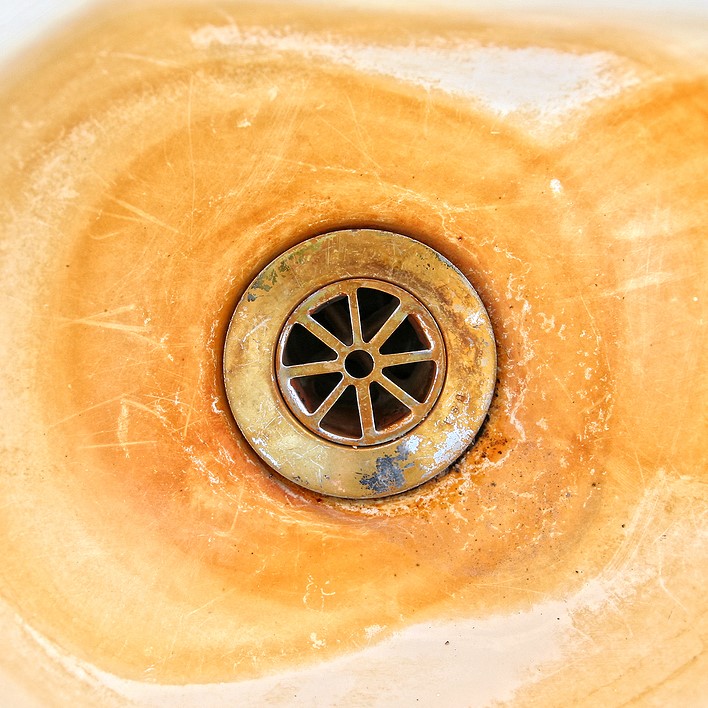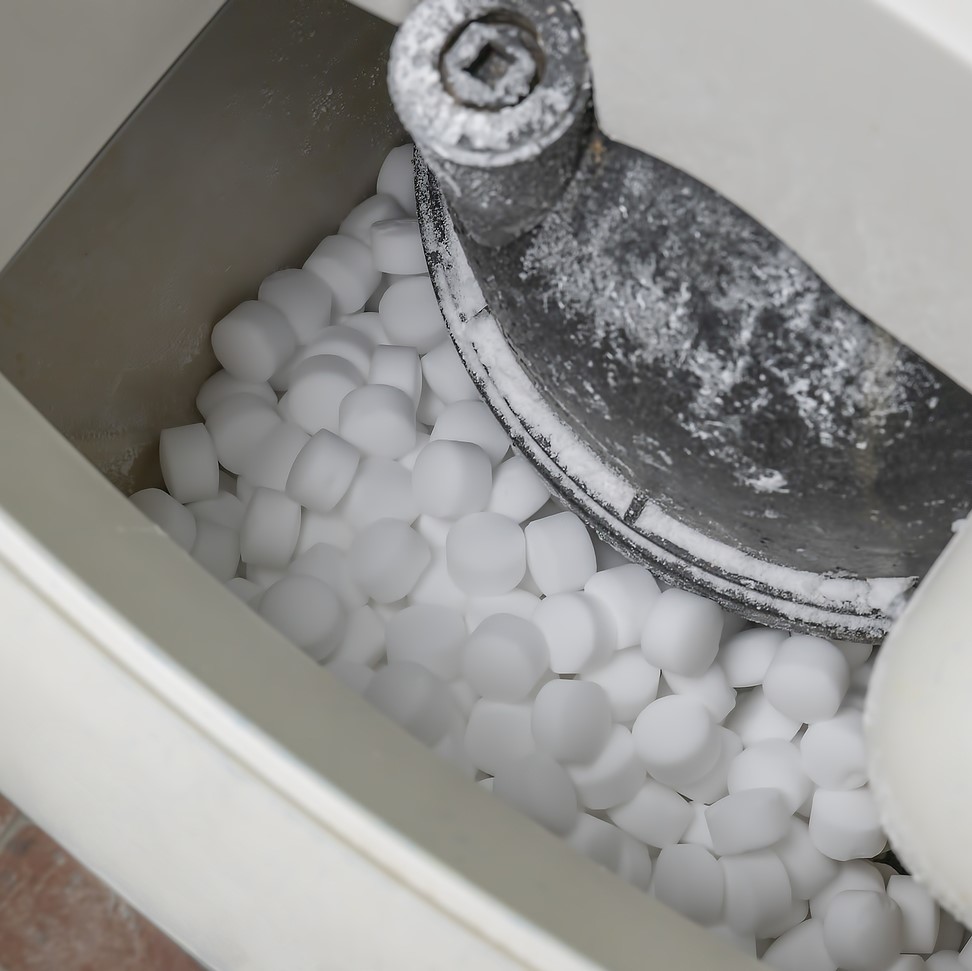Frequently Asked Questions about Water Softeners
We get a lot of questions about water softeners. Many people don’t know how they work or why one might be needed. We’ve put together this list of frequently asked questions for people like you. If you have a question about water softeners that you don’t see on this list, contact us! We’d love to talk with you and answer your questions.
 1. What is a water softener?
1. What is a water softener?
A water softener is a water treatment product that removes minerals in water that cause hard like calcium and magnesium.
2. What is wrong with having hard water?
Hard water is tough on your skin, hair, clothing, appliances, and plumbing.
Too much calcium and magnesium in water changes its texture, making it feel harsh. This can cause skin irritation. Bathing in hard water dehydrates your skin and hair.
If you’ve noticed that your glasses look foggy and your clothes feel stiff after they’ve been washed, you probably have hard water. Calcium and magnesium in water disrupt soap and detergent, making them less effective and leaving behind soap scum. When you get a water softener, you will notice that your glasses no longer look clouded, and your clothes feel softer.
The minerals in hard water also cause scale buildup in sinks and tubs along with appliances and pipes. This buildup can make your appliances less efficient and shorten their lifespan. When it builds up in pipes, it can reduce your water pressure.
A water softener will solve these problems.
3. How does a water softener work?
When water flows through a water softener tank, minerals are drawn out of the water using an ion exchange process. This process happens in the brine tank, where sodium ions replace the calcium or magnesium ions.
 4. How often do I need to add salt to the brine tank?
4. How often do I need to add salt to the brine tank?
Typically, you will only need to add salt to the brine tank about every 8 weeks. This can depend on how much work your water softener has to do. If your softener regenerates often, you will go through salt a little bit faster.
5. Will a water softener make my water taste salty?
Water softeners only add a small amount of sodium. You won’t be able to taste the sodium added to your water by the water softener.
6. How to operate a water softener?
When your water softener is installed, the regeneration cycle will be programmed for you. The system requires little maintenance aside from adding salt as needed.
7. How can I find out if I need a water softener?
There are many hard water indicators from calcium stains around your faucets to dry, irritated skin after showers. The best way to determine if you need a water softener is by testing your water. A water test will tell you what minerals and contaminants, if any, are in your water. You can have your water analyzed for free by Tri-Florida Water Treatment. Give us a call today to set up an appointment!
8. What size water softener should I get?
The answer to this question depends on your home’s flow rate, the amount of hardness minerals in it, and the number of people in your household. Talking with an expert is the best way to determine what is the right size of water softener for your home.
If you want to learn more about water softeners, give us a call! Our goal at Tri-Florida Water Treatment is to help Lakeland, FL residents find the best water treatment and purification system for their home.
